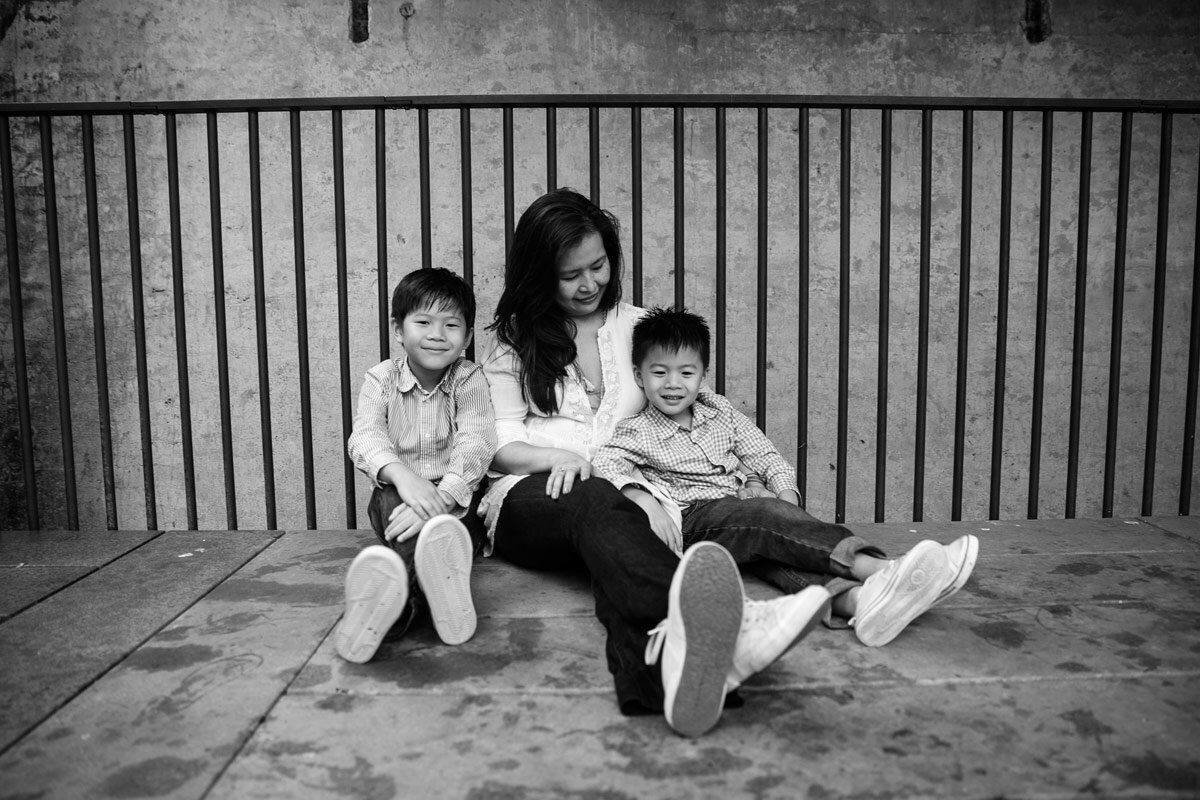
”If every 8 year old in the world is taught meditation, we will eliminate violence from the world within one generation.'“
- Dalai Lama
I have found children to be natural meditators.
As adults, we sometimes forget that children have busy lives too and are exposed to the same distractions, pressures and resulting emotions, at an early age.
Because children are naturally sensitive to their environment and the emotions around them,
they often experience very similar stress symptoms from over stimulation, school pressures and
even just the regular day to day rhythm of life.
benefits to children
During meditation, our breath and heart rate are regulated, and the body and mind stilled,
allowing for a greater awareness of our environment and ourselves.
For adults and children alike, the physical and emotional benefits are numerous, yet individual. Studies indicate that children who regularly meditate experience
the following aspects of wellbeing:
greater sense of calm / peace
connection to nature
better focus
enhanced creativity
reduced tension and stress
strengthened immune system
enhanced sleep
better control over negative reactions
improved relationships
greater awareness of emotions
(positive and negative)improved self confidence
greater compassion for others
Developing a meditation practice with your children is one way to help everyone in the house to achieve balance, both as a family and individually. It’s a simple way to help us to slow down, to take time out to recognise and appreciate the beauty present in our lives, while providing a powerful tool to help us navigate all the challenges that life throws up. Guiding your children into meditation is low to no-cost, requires very little time, and is a potentially lifelong gift.
In a study conducted in Australia at the Royal Hospital for Women in Sydney, 50% of children who were on medication either reduced or stopped their medication completely, and continued to improve their symptoms through continued meditation
The children with ADHD who learned how to meditate, when compared to the waiting list control group, showed a significant reduction of the main symptoms of hyperactivity, impulsiveness and inattention. The study also noted improvements in the child-parent relationship and enhanced self-esteem in children.


